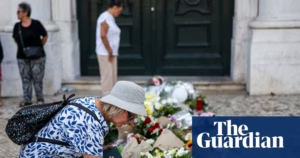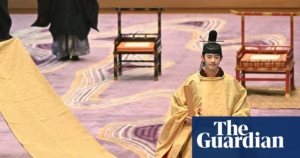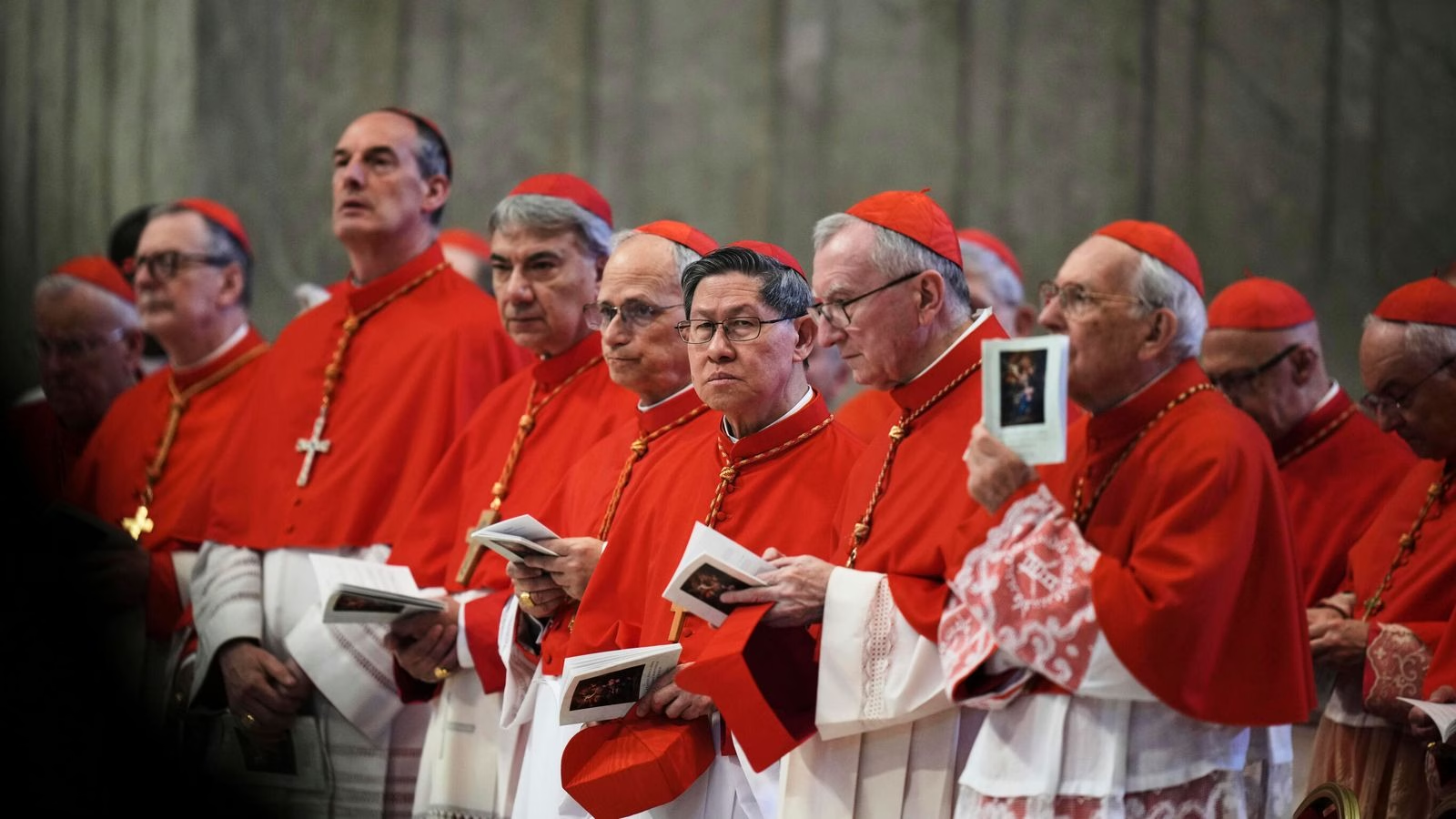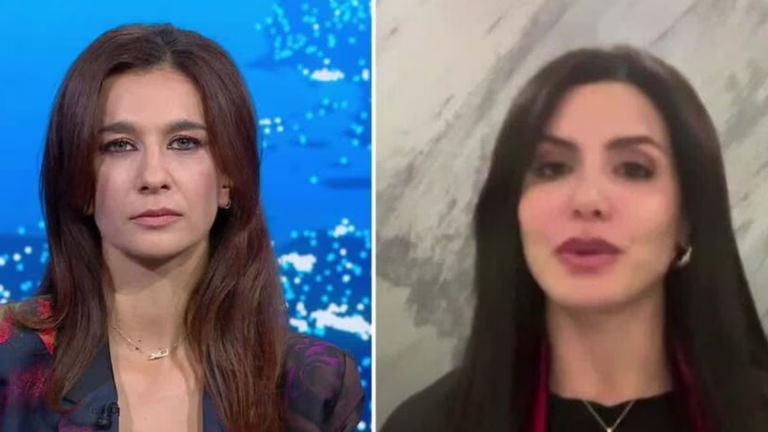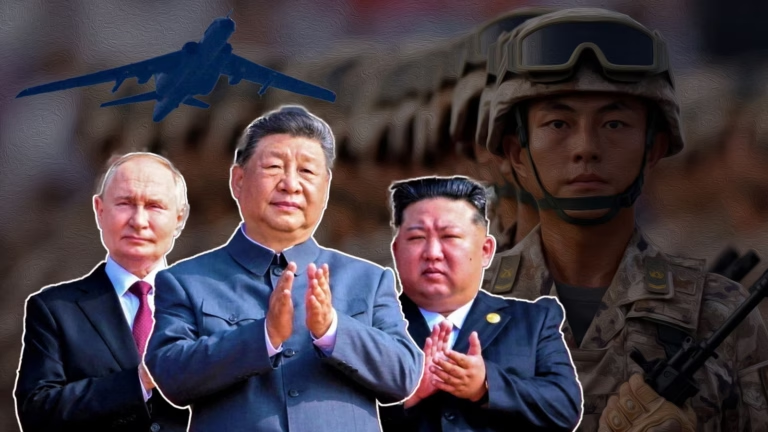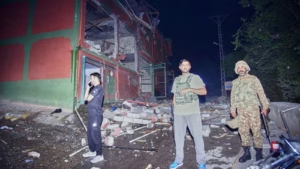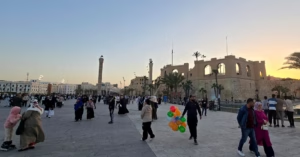Cardinals participating in the conclave are confident that the Holy Spirit will guide their decision on the next leader of the Catholic Church. However, the influence of global politics also cannot be understated.
Choosing a new Pope involves geographical and ideological factors, including tensions between progressive and traditional factions that will define the Church’s future direction.
Of the 133 cardinals eligible to vote, 108 were appointed by Pope Francis, who aimed to make the College of Cardinals more inclusive by choosing representatives from the Global South. Nonetheless, European cardinals remain the largest voting block with 53 seats, more than double the contingent from other regions.
Learn more: Who might be the next Pope?
Conclave preparations in the Sistine Chapel
A conclave that seeks a more inclusive representation ironically faces more divisions. Many of Francis’ progressive policies, such as approving the blessing of same-sex couples or allowing divorcees to receive communion, have been met with resistance from some African cardinals, who tend to hold conservative stances.
The late pope had often deferred to local bishops on these issues to accommodate regional variations, but there is concern that this decentralization might lead to inconsistencies. Thus, the conclave may favor someone they believe can maintain the Church’s unity.
Age is also a factor, as many consider some cardinals too young for the role. Resignations from the papacy are still very rare, so the cardinals might avoid electing someone who could serve for decades in a rapidly changing world.
The elephant in the chapel
Every Pope is a product of their time. Pope John Paul II came from then-communist Poland during the Cold War. Pope Francis was the first from the Global South at a time when immigration became a critical international issue.
In light of his global influence, Donald Trump may be considered the elephant in the room. His open clashes with Pope Francis on issues like climate change and the treatment of migrants have been significant.
The United States is significant not just diplomatically but also financially. Roughly a third of all global donations to the church come from the US, making it the largest donor country. In the last election, Donald Trump increased his support among US Catholics, with 56% casting their vote for him.
Whoever the next Pope is, they will lead the church in a world significantly influenced by Donald Trump. This consideration will weigh heavily on the cardinals as they make their decision.
